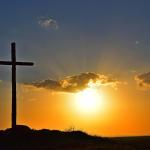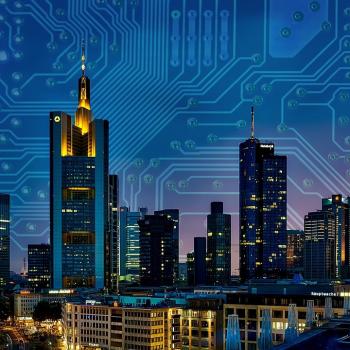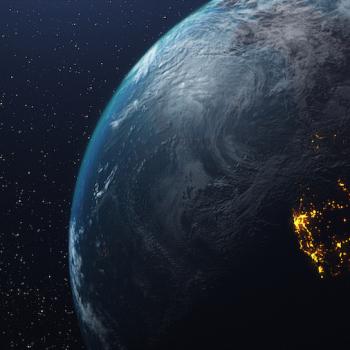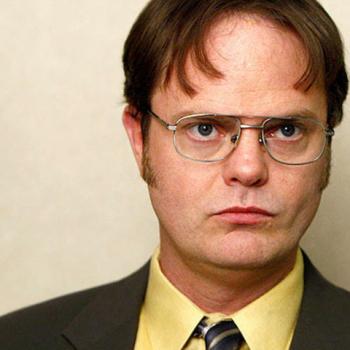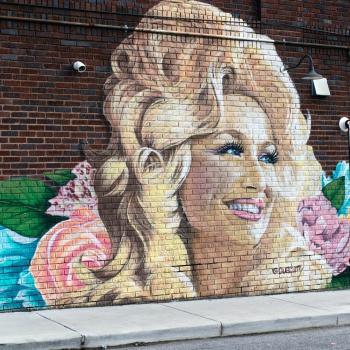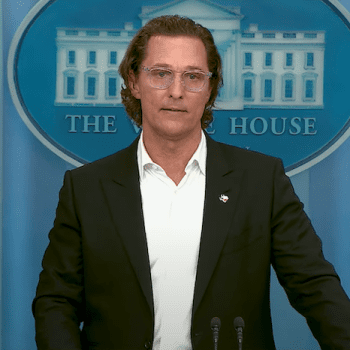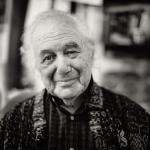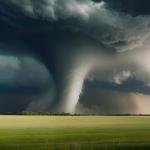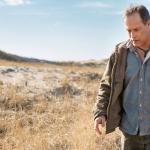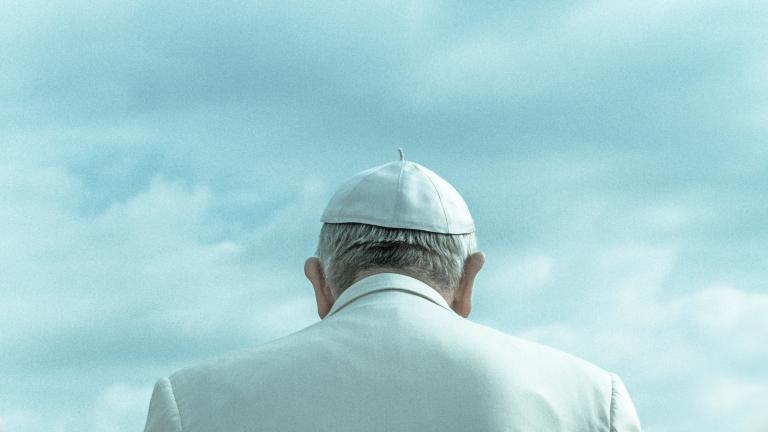
Who is the best-known religious figure in the world today? One could argue the 14th Dalai Lama, the spiritual head of the Tibetan Buddhists, an accomplished author, and a man frequently found on the world stage. But others will tell you it is Pope Francis, the leader of the Roman Catholic church.
Francis, whose real name is Jorge Mario Bergoglio, was a surprise pick to become pope. The son of Italian immigrants and fluent in Italian, Bergoglio was born in Argentina. He joined the Jesuits religious order in 1958 and became a priest in 1969. Known for his work with the poor and living in a small apartment, he went on to become Archbishop of Buenos Aires in 1998. In 2013 was elected the 266th pontiff (or Pope) of the Catholic Church.
Pope Francis just co-wrote a book titled My Story Through History, where he looks at famous events and how they intersected with his life. This includes his perspective on World War II and “the extermination of the Jews,” the fall of the Berlin Wall, and the terrorist attacks on September 11. Interesting topics, but what I wanted to know was:
- Why did he join the church?
- How did he become pope?
It’s when I researched the second question that the story gets a little weird.
As a young man, Jorge attended religious school.
As a sixth grader, Jorge’s mother was in poor health and he and his brother were sent to a religious boarding school. He recalled that:
We started early in the morning with mass, study, lessons; we played during recesses; and then, at the end of the day, we listened to the director’s goodnight talk.
He studied “for hours and hours” and diligently “followed Catholic teaching.” He says that he “learned to open up to others, to deprive myself of some things in order to give them to someone poorer than me.” At the age of 12, he first “sensed my vocation as a priest.” This desire would lay dormant in him until the 1950s.
One day Jorge claims he “met God.”
By the time he was in high school, Jorge was an avid football (soccer) enthusiast and a big fan of the local team. He hung around with a bunch of guys who jokingly called themselves “the ten muchachos.” Together, they would “play billiards, discuss politics, and dance the tango.”
But one day, and he remembers the exact date, September 21, 1953, he leaves his house to meet some friends. They had planned to go to a festival. But along the way, he walks past the church he had been attending since he was a child. He feels compelled to go inside. Once in the church, he kneels to say a prayer “and felt a desire to confess.”
He enters the confessional, and says that “something strange happened, something that truly changed my life: I experienced the shock of unexpectedly meeting God.” He does not go much deeper than that, saying only that “God was there, waiting for me. He knew that I would come.” And as he makes his confession to a priest he had not met before, he “felt accepted by the Lord’s mercy.”
Francis calls it his “Saul of Taurus moment,” the day he “fell to the ground,” like St. Paul being struck by a bolt of lightning on the road to Damascus. He skipped the outing with his friends because he sensed that something had fundamentally changed within him. He writes:
I was experiencing a particularly wonderful moment in my life—I was putting myself utterly in God’s hands! I was overwhelmed. I felt the need to run home and be alone, in silence. And I stayed there for a very long time.
He did not know how to tell his parents he would now devote his life to religion. For a long time, he told his mother he was going to study medicine. But after finding religious texts on his desk, he confessed, “I really am studying medicine, Mom, the medicine of the soul.”
The speech that changed everything.
In February 2013, Pope Benedict XVI resigned, citing old age and health concerns. A conclave was called in early March and Jorge, now titled Cardinal Jorge Mario Bergoglio, Archbishop of Buenos Aires, arrived to help choose the new pope. He was selected as a speaker to address the conclave. He had a strict three-minute time limit. And his speech so wowed those in attendance, his name began to circulate as a contender to become Pope.
What was in the speech? It’s included in My Story Through History and I wish I could say it was a stirring call to Christ Consciousness, but it reads a little flat on the page. Yet it spoke to the people there. He talked about the Catholic church being too self-referential, too inward looking, “keeping Jesus Christ within herself.” He wanted the next pope, to “help the Church to come out of herself” and do more to help those unable to help themselves.
Five ballots were held and this humble man, who had followed the lead of St. Francis of Assisi and devoted his life to helping the poor, and who many saw as a potential reformer of the church, was elected pope. He took the pontifical name Francis. But many who call themselves Catholic were not happy about it.
The reaction to Pope Francis has been mixed.
We must restore hope to young people, help the old, be open to the future, spread love. Be poor among the poor. We need to include the excluded and preach peace. ~Pope Francis
Who could not like this man who has devoted his life to helping the less privileged among us and those on the margins of society? As it turns out, a lot of people. The website Pints with Aquinas summarizes the current state of affairs within the Catholic church like this:
Pope Francis has his fans and detractors. Some people love his easygoing style and openness. Others see him as an enemy of tradition who is wreaking havoc on the Church. Then there are those who claim that Pope Francis is a heretic who has forfeited the office of the papacy.
Dig deeper and you’ll find that those who believe the Pope is a heretic come from the highly conservative wing of the church. To them, his crimes include including “legitimizing” homosexuality, encouraging interfaith dialogue, and “contradicting doctrinal declarations.”
Then there are some websites that spin a conspiracy theory that the Pope was not legitimately elected and is in fact the “Antipope.” They say that Pope Benedict, who Francis replaced, did not officially step down and the election of the man they call Bergoglio was illegitimate. They demand an official investigation.
Pope Francis does not directly respond to these claims, though it appears they do not disturb him. As reported by the Catholic World Report, the pope says he prays for those who call him a heretic. He adds, “I know the (reports), but I do not read them, simply for my mental health. It’s a disappointment but we have to move on.”


